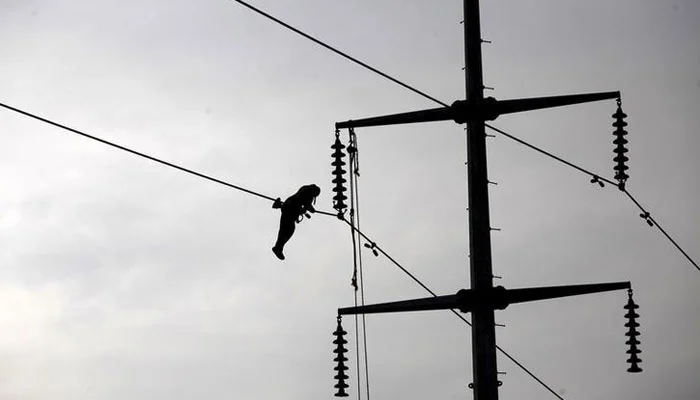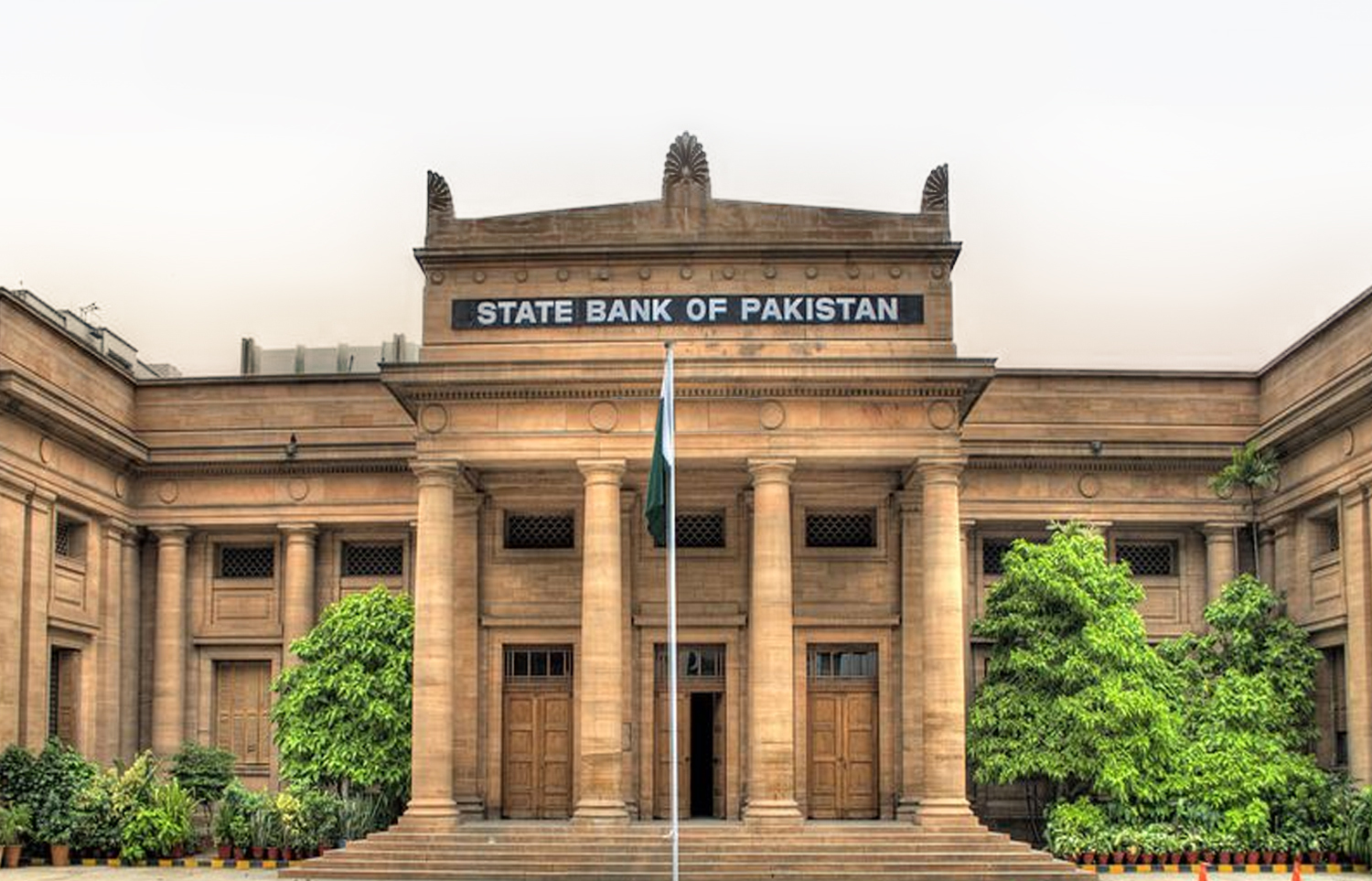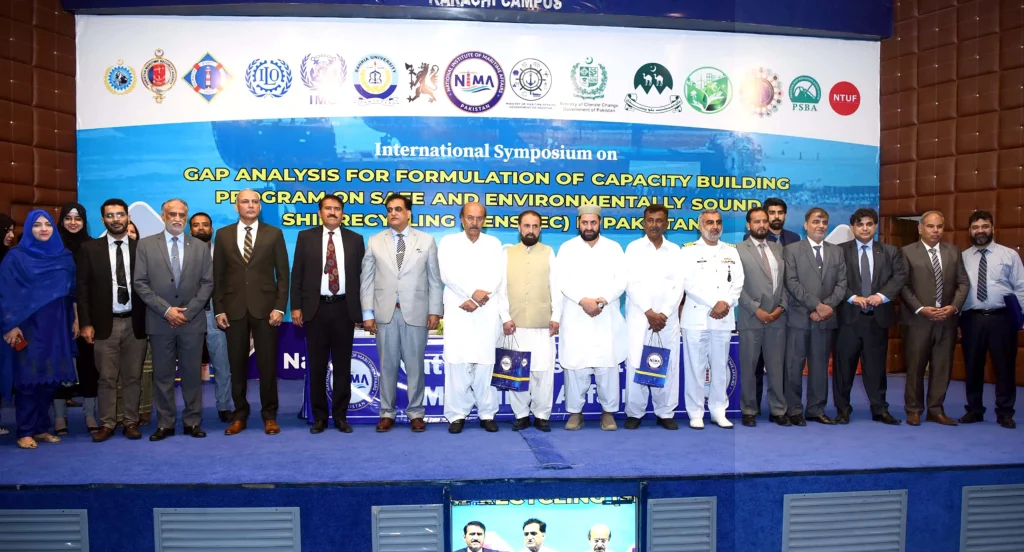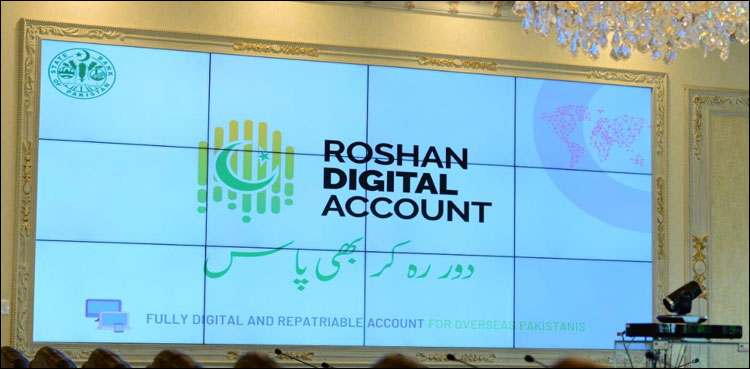Business
Burdening masses: NEPRA raises basic electricity tariff by Rs7.9 per unit
-

 Latest News3 days ago
Latest News3 days agoThe PML-N Punjab chapter convenes today to discuss organizational issues.
-

 Latest News3 days ago
Latest News3 days agoIn Punjab, the PDMA issued an alert for rain and snowfall.
-
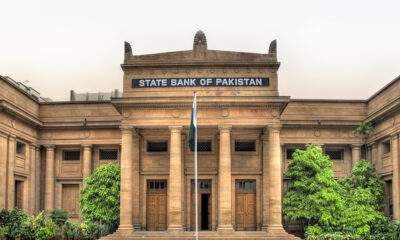
 Business3 days ago
Business3 days agoThere are US$13,280.5 million in foreign exchange reserves in Pakistan.
-
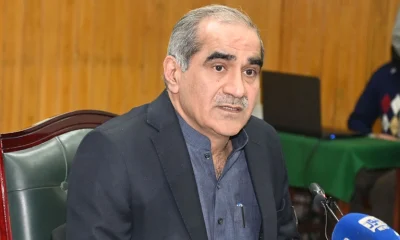
 Latest News3 days ago
Latest News3 days agoSaad Rafiq: Ali Amin Gandapur’s threat to storm Islamabad is a major issue.
-

 Latest News3 days ago
Latest News3 days agogovernment starts a trail patrol in the Margalla Hills of Islamabad
-

 Latest News3 days ago
Latest News3 days agoMaryam Nawaz: The court petitioned against the Punjab Chief Minister for wearing a police uniform.
-
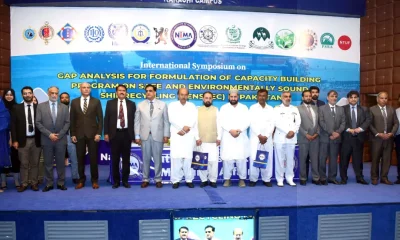
 Business3 days ago
Business3 days agoNIMA seminar to increase Pakistan’s ship recycling industry’s capacity
-
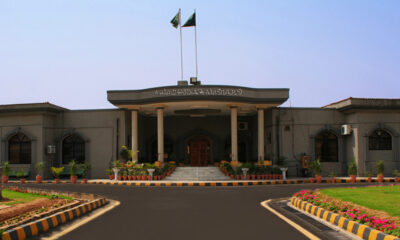
 Latest News3 days ago
Latest News3 days agoIHC will consider a case today challenging the election of the Senate chairman and deputy

